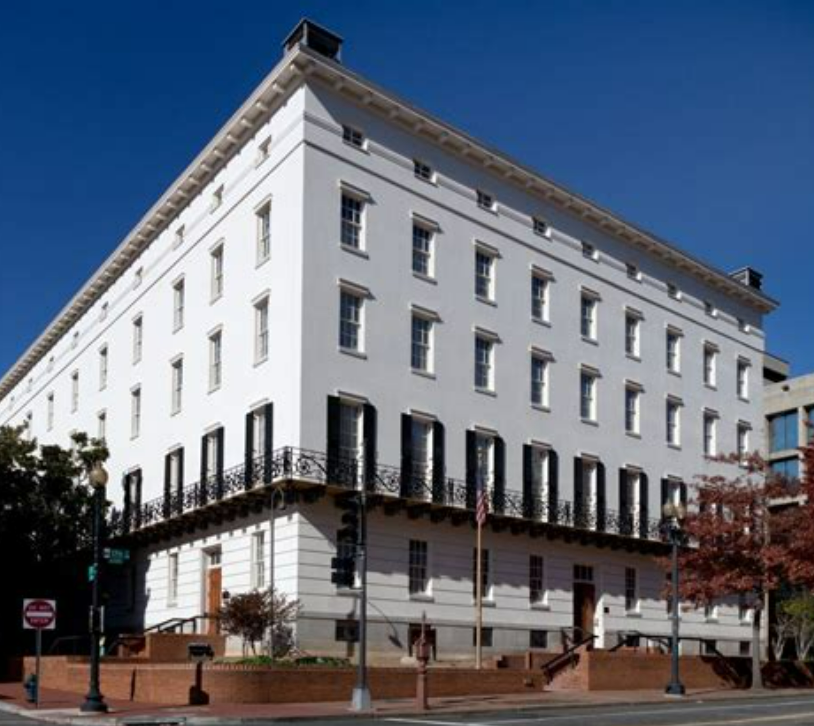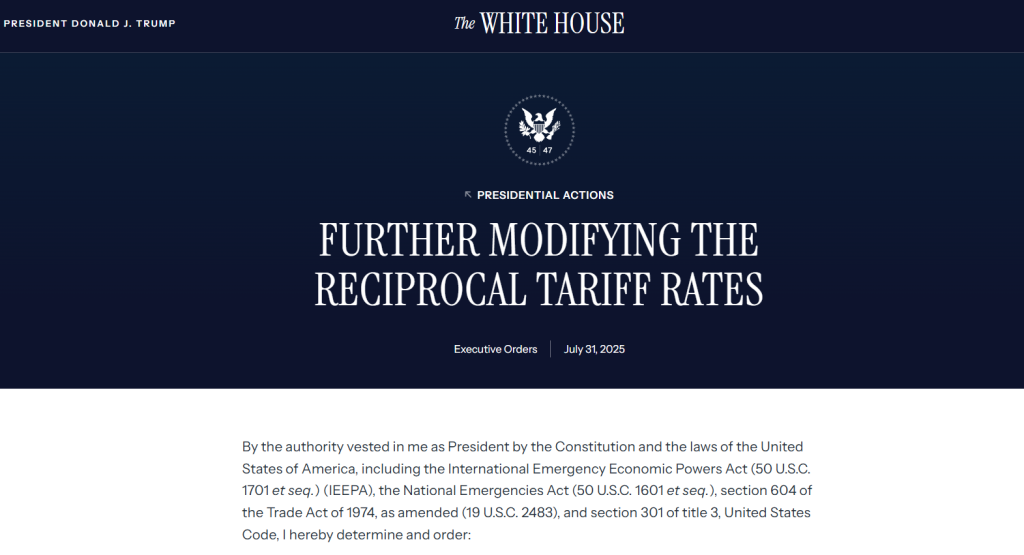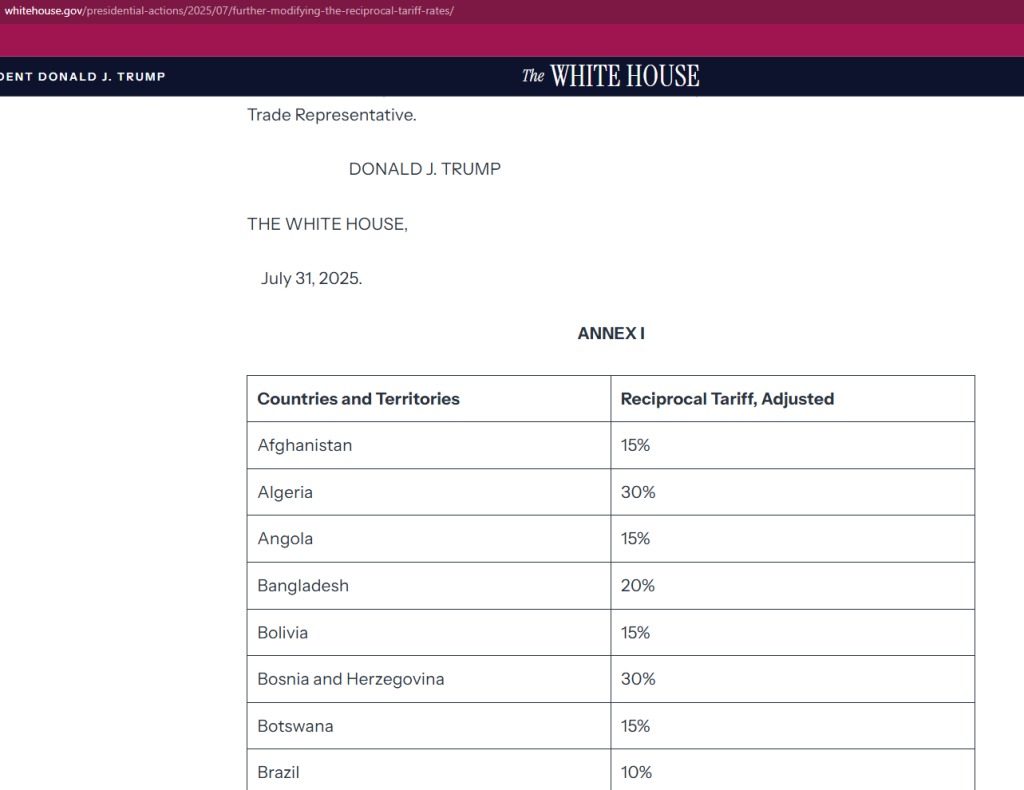The United States has reduced its reciprocal tariff on Bangladeshi imports to 20 percent, down from the previously announced 35 percent, following the final round of trade negotiations with Bangladesh in Washington.
The revised tariff came into effect on Thursday, according to an executive order issued by the White House. The rate applies in addition to the existing 15 percent base duty, taking the total effective tariff on Bangladeshi exports to 35 percent.

The development followed sustained diplomatic engagement by the interim government, led by Chief Adviser Muhammad Yunus, after the US included Bangladesh in a list of 14 countries subject to reciprocal tariff measures earlier this year. Commerce Adviser SK Bashir Uddin led the negotiation team that concluded the final discussions with the United States Trade Representative and Commerce Department officials on July 31.
Bangladesh’s Ministry of Commerce confirmed that the reduced tariff was a result of multiple concessions made by Dhaka, including large-scale import deals for US wheat, cotton, and aircraft.

As part of the negotiation package, Bangladesh signed a government-to-government agreement to purchase 220,000 tonnes of American wheat and a memorandum to buy 700,000 tonnes annually over the next five years. The country also placed an order for 25 Boeing aircraft to bolster Biman Bangladesh Airlines’ fleet.
Bangladesh currently maintains one of the highest average tariff rates among World Trade Organization members. The US cited this as a key reason for imposing the reciprocal tariff under a trade policy introduced in April by President Donald Trump to penalise countries with high trade barriers.
The US had initially set the reciprocal tariff on Bangladesh at 37 per cent, triggering strong objections from the government and exporters. The rate was later revised to 35 per cent in July, with the final adjustment to 20 per cent announced just before the implementation deadline.

Bangladesh’s exports to the US stood at $10.4 billion in the last fiscal year, dominated by garments, textiles, and leather products. Exporters warned that higher duties would threaten order volumes and job stability in key sectors.
The Bangladesh Garment Manufacturers and Exporters Association said the reduction to 20 per cent was a positive step but urged the government to continue efforts for further tariff relief.
The commerce ministry said it is assessing the impact of the revised tariffs and considering support measures for affected exporters, including cash incentives and trade facilitation schemes.
Officials also indicated that Bangladesh may explore broader trade negotiations with the US to establish a long-term framework for tariff-free or preferential market access.
The interim government has announced plans to review the country’s overall tariff regime by mid-2026 as part of economic reforms under the National Consensus Commission.
The US remains Bangladesh’s second-largest export destination after the European Union. The new tariff rates are expected to weigh on competitiveness unless counterbalanced by policy reforms or cost-cutting measures within export industries.


